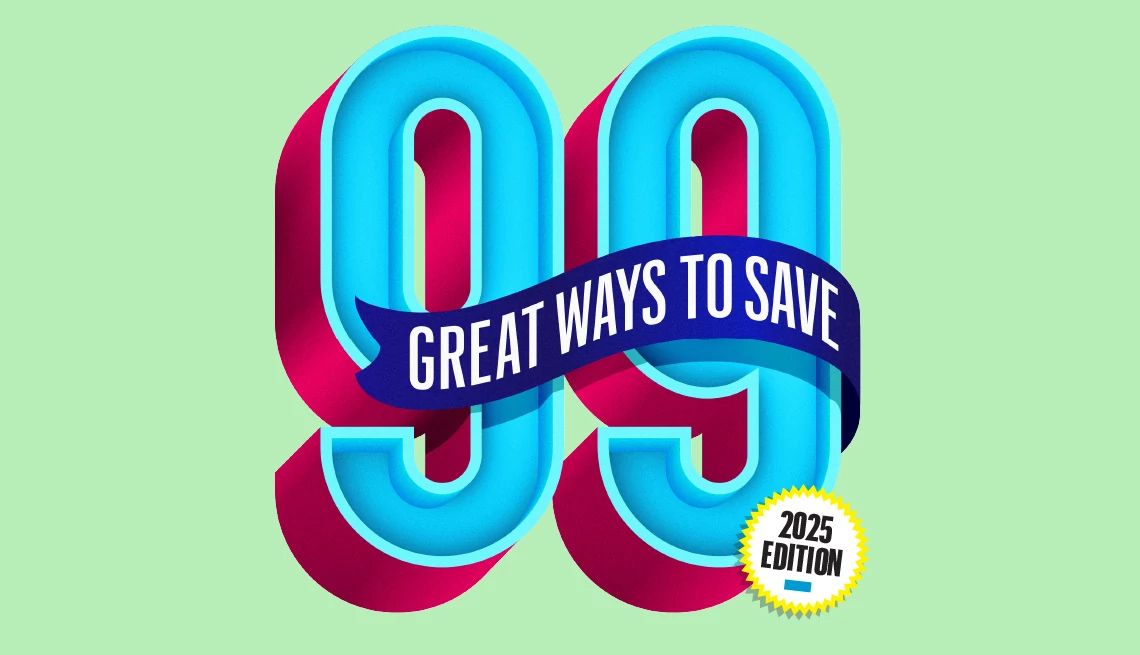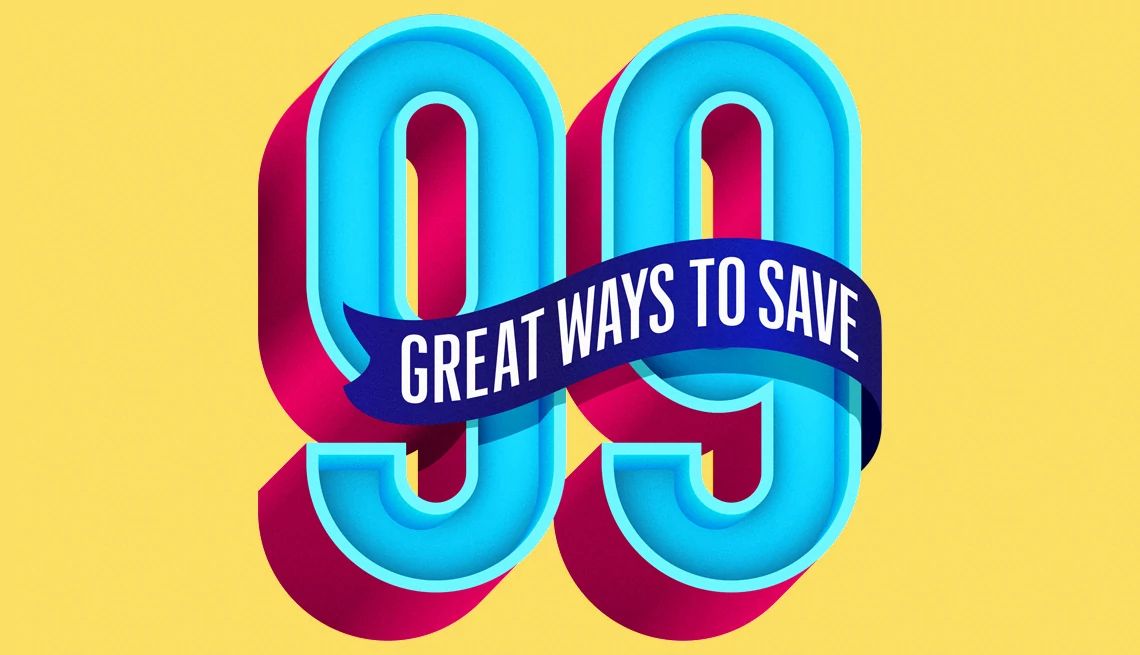AARP Hearing Center


Your local library isn’t just a place where you can curl up with a good book anymore. Today, you can also borrow telescopes, bakeware, musical instruments, even gardening tools.
In addition, many libraries offer an array of free social activities, programs and classes, making them “an essential lifeline for older adults,” says Lessa Kanani’opua Pelayo-Lozada, a librarian in Rolling Hills Estates, California, and a former American Library Association (ALA) president.
Public libraries operate independently, so not all freebies are the same. If you live in a place with a few branches, each could have its own unique offerings — from 3D printers to notary services.
Check out this list of 18 complimentary services you might be able to access with your library card.
1. Internet access
More than 21 million people 65 and older lack broadband internet in their homes, according to a report published by Older Adults Technology Services (OATS) from AARP’s Aging Connected initiative.
Fortunately, almost all libraries provide free public Wi-Fi access, according to the ALA.
2. Take-home tablets and Wi-Fi hotspots
Many libraries extend Wi-Fi outside their walls. Nearly half of public libraries offer a take-home Wi-Fi hotspot program for cardholders.
A lot of libraries also let members take home tablets, laptops and other electronic devices. “Many libraries have tablets designed for older adults that they can check out for six to eight weeks,” Pelayo-Lozada says. “They also come with one-on-one support, Zoom and different apps they can utilize with a mobile hotspot.”
3. Museum passes
Visiting a museum, aquarium or other cultural establishment often isn’t cheap, but your local library may have you covered. Many offer free museum passes. Art, history and children’s museums are often on the list. However, ticket availability may be limited, especially if there’s a popular event, so plan ahead.
4. Memory cafés
To provide support for the nearly one-third of Americans 65 and older suffering from cognitive impairment, a growing number of libraries are operating memory cafés. These are free programs for individuals with Alzheimer’s, dementia or other brain disorders. “Some have professionals come in and guide groups through remembering things from their past with music, writing or telling stories, and also increase cognitive awareness through exercise,” Pelayo-Lozada says. “Memory cafés are becoming much more popular, especially since we are seeing an increase in older adults with Alzheimer’s and dementia.”


















































































More From AARP
Great Ways to Be a Better Online Shopper
Navigate online shopping with these savvy strategies8 Ways to Get Free E-Books and Audiobooks
Save money by downloading your next read using these apps and websites
Cut Expenses: Stop Wasting Money Now
Small steps to cut unnecessary expenses can add up to big savings